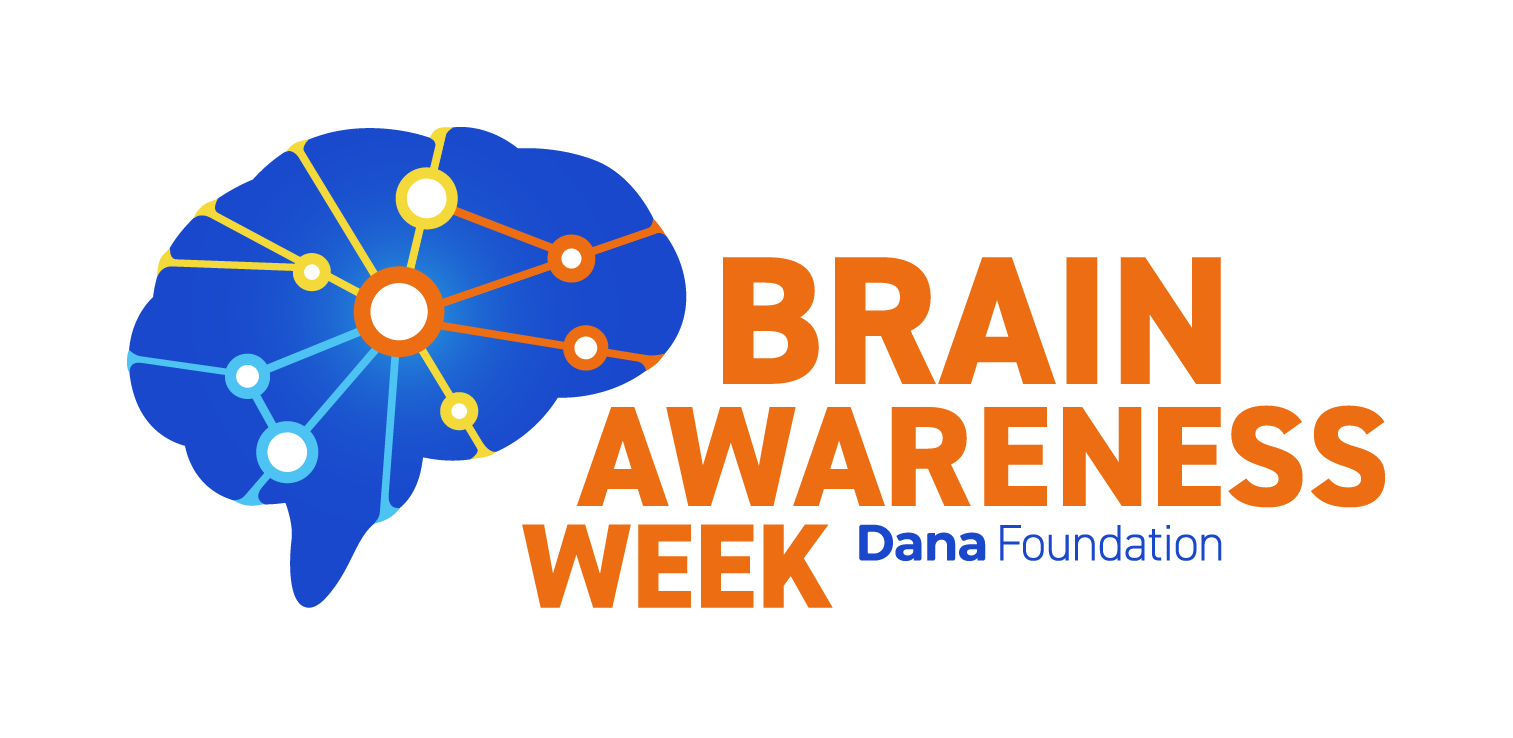BNA Annual General Meeting 2025
1st April 2025
13th Mar 2023

One of the less obvious consequences of the COVID-19 pandemic was an increased focus on mental health. Fear of the disease, the loss of loved ones and the social isolation associated with lockdowns all led to an alarming rise in mental health conditions such as anxiety and depression.
The British Neuroscience Association's (BNA) annual theme for 2023 is the neuroscience of mental health, and so for this year's Brain Awareness Week we are focusing on what neuroscience can tell us both about well-being and treating mental health disorders.
The impacts of the pandemic have been layered upon an already high mental health disease burden, in the UK and globally (see table). As well as these personal impacts, a recent report from the Mental Health Foundation and the London School of Economics and Political Science (LSE) put the economic cost of mental health problems at £118bn a year, or 5% of the UK’s GDP.
| The global burden in 2019 |
|---|
|
1 in every 8 people, or 970 million people around the world, were living with a mental health condition 301 million people were living with an anxiety disorder, including 58 million children and adolescents 280 million people were living with depression, including 23 million children and adolescents 24 million people or 1 in 300 people worldwide were living with schizophrenia, associated with a life expectancy 10–20 years below that of the general population 14 million people experienced eating disorders, including almost 3 million children and adolescents Over 700 000 people die due to suicide every year |
| Some numbers on the NHS |
|
2.0 million adults and 0.8 million children accessed NHS mental health, learning disability and autism services in 2020/21 NHS England spent £14.3bn on mental health services in 2020/21 Around 1 in 6 children aged 6 to 16 had at least one probable mental health problem in 2021, up from 1 in 9 in 2017. |
Mental health is a broad and complex area. Many different mental health conditions are recognised – around 300 in the latest version of DSM-5, the influential diagnostic manual for psychiatry. Mental health difficulties may also co-exist or be co-morbidities associated with physical health conditions.
More broadly, it is clear that poor mental health can affect quality of life even without a clinical diagnosis, supporting efforts to promote greater mental wellbeing.
This complexity is reflected in the causes of mental health conditions.
Rarely, they are the result of single-gene disorders. More commonly, genetic factors increase the risk of a condition but are not fully predictive. Clearly, psychological make up, life events and social circumstances can also have a profound impact on mental health.
The biopsychosocial framework recognises that it is the interplay between all these factors that drives mental health status.
Common to all mental health conditions, however, is the involvement of the brain. Ultimately, all factors influencing mental health do so by impacting on brain function – placing neuroscience at the heart of mental health.
Psychiatry and neuroscience have not always seen eye to eye, but recent years have seen a strengthening of relationships between the two, illustrated by the BNA’s partnerships with the Royal College of Psychiatrists and the Psychiatry Consortium.
Neuroscience offers an opportunity to provide a deeper mechanistic understanding of mental health conditions. A combination of work on humans and animal models – plus theoretical studies – is beginning to shed light on key neural mechanisms underpinning a wide range of mental health conditions.
One critical trend has been to consider mental health problems in terms of underlying mechanisms rather than diagnostic criteria based on symptoms. This transdiagnostic approach addresses the challenge that there is considerable overlap in symptoms across diagnoses, and the fact that particular conditions may have distinct underlying causes.
There is an urgent need for new and improved treatments for mental health conditions, and for better matching of treatment to patient. Pharmaceutical development in this area is highly challenging, with high failure rates, at least in part because of poor understanding of disease mechanisms.
With external partners, the BNA’s Building Bridges Between initiative has been strengthening links between industry and academia to try to encourage more cross-sector partnerships to address this huge unmet need.
The stigma associated with mental health conditions persists but there are encouraging signs of greater openness and a willingness to acknowledge mental health difficulties. Most people now have experienced, or know someone who has experienced, mental health difficulties.
With its unique insights into the brain, the neuroscience community has an opportunity to deepen understanding of these conditions and to shape interventions that protect mental health and can effectively treat mental health conditions when they arise.
This article was written by Ian Jones, editor of the BNA Bulletin. To read more articles like this, then join the BNA and receive a full issue, packed with interesting news and views on neuroscience, three times a year - as well as access to all back issues online. From just £11 a year!
The British Neuroscience Association (BNA) is the largest UK organisation connecting, representing and promoting neuroscience and neuroscientists across the globe.
The BNA is committed to creating a supportive and inclusive neuroscience community, making connections between academia, industry, the clinic and wider society, and moving world-class neuroscience research up the agenda. We have over 2500 members, whose interests cover the whole range of neuroscience, from ion channels to whole animal behaviour to real-life applications in the clinic and beyond.
Brain Awarenss Week is the global campaign, overseen by the Dana Foundation, to foster public enthusiasm and support for brain science. Every March, participants host imaginative activities in their communities that share the wonders of the brain, and the impact brain science has on our everyday lives.
Event organizers include colleges and universities, hospitals, medical research facilities, K-12 schools, advocacy groups, outreach organizations, professional associations, government agencies, corporations, and more.